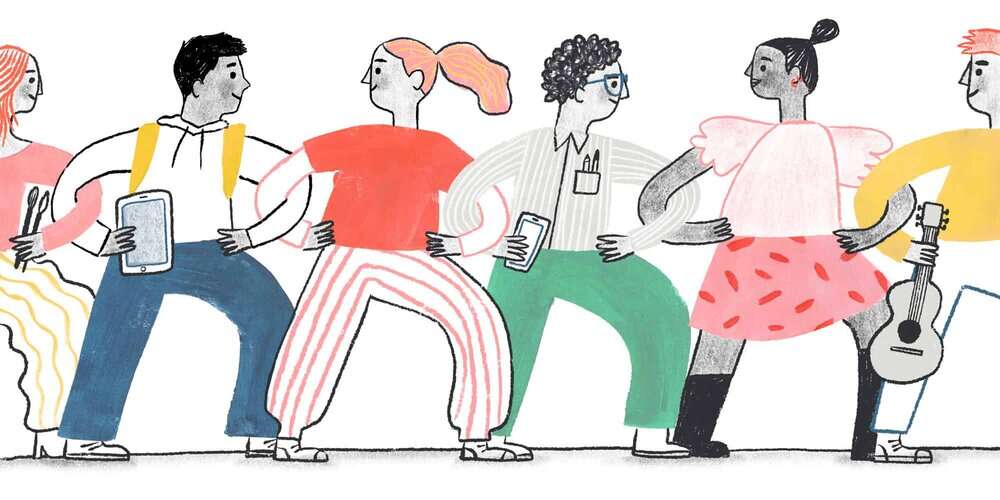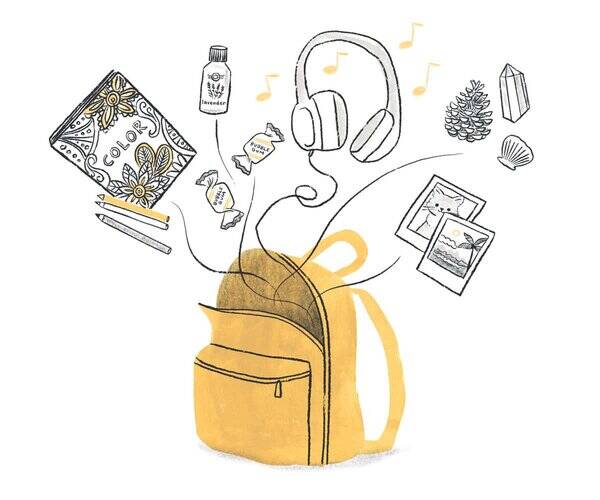Calming Tools, Apps, and Audio

Tools
Did you ever make “fortune tellers” in school? Here’s a fun way to turn them into a tool to manage your stress:
Opens in a new tab Download a Stress catcher PDF from The National Institute of Mental HealthApps
Here are some apps that can help you cope with challenges, stress, and tough emotions:
Mindfulness coach Ages: 12+ Tools offered: Audio exercises, goal setting and tracking, education and other resources Focuses on: Stress and anxiety
Mindshift Ages: preteen + Tools offered: Cognitive Behavioral Therapy strategies, journals, calming audio, and goal setting for mindfulness Focuses on: Anxiety and depression
SuperBetter Ages: 13+ Tools offered: Games to help with self-care and coping, ways to build relationships Focuses on: Anxiety and depression
CalmHarm Ages: 12+ Tools offered: Safe ways to release feelings including breathing, self-care, and distraction Focuses on: Controlling the urge to self-harm
See Apps for more ideas.
Audio
Harvard Center for Wellness and Health Promotion offers:
- free three-to-four minute guided Pause 4-Calm meditations at 617-384-2256 or a full 9.5-minute Opens in a new tabguided imagery meditation
- free 20-minute body scan meditation
Choosing mental wellness apps
Mental wellness apps include calming tools, meditation apps, mood and medicine trackers, and much more. Some combine several features. There are zillions of apps available, so how can we choose the most helpful ones?
To explore options and possible drawbacks, start by talking to your family, your health care provider, or your mental health provider, if you have one. They may have good suggestions and can help you consider:
- How good is the app? If you see a mental health provider, you can ask them for recommendations. Opens in a new tabMindapps.org offers useful, trustworthy information about mood trackers and other self-care apps.
- How simple is the app? Decide if you want one that focuses only on mood tracking, or one that also offers calming tools or trackers for things like sleep, activities, and gratitude. An app should be simple to use and tailored to what personally works for you.
- Cost. Some apps are free to download, but then require or push you toward in-app payment or subscription.
- Privacy. Is the company collecting, sharing, or selling your data? Can you opt out of data sharing? Can you delete data?
- Connection. Can you share information from the app with a mental health provider if you’d like to do so?










